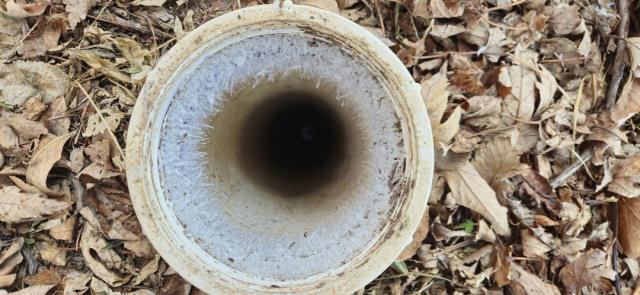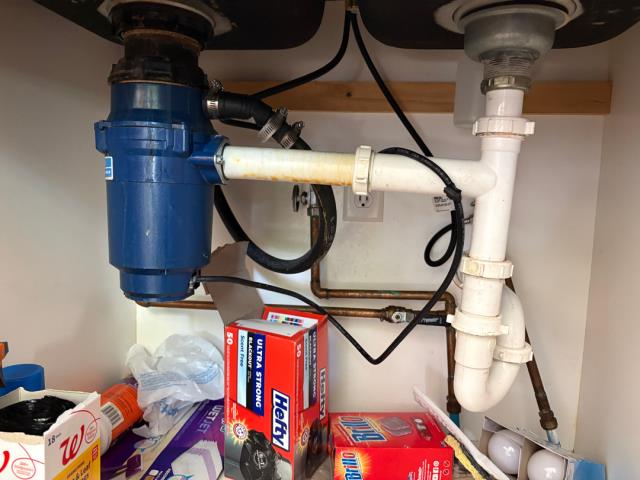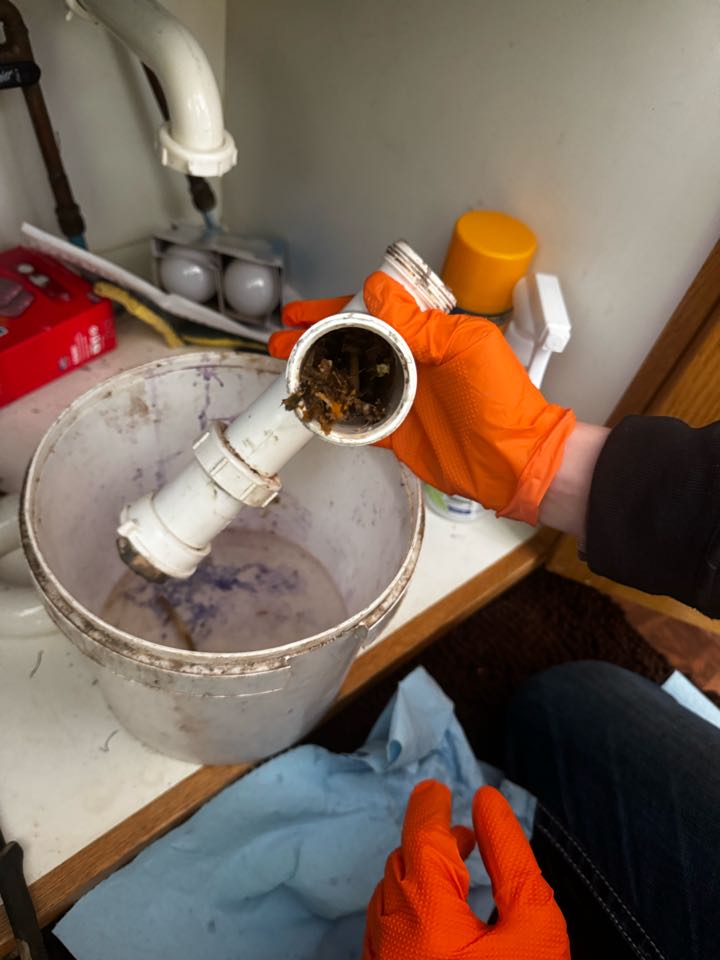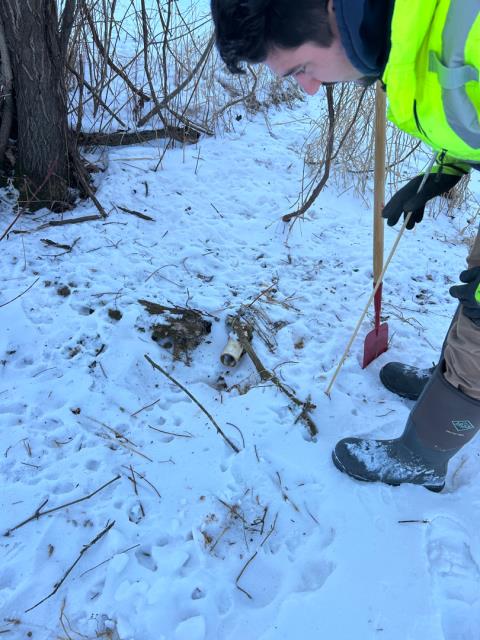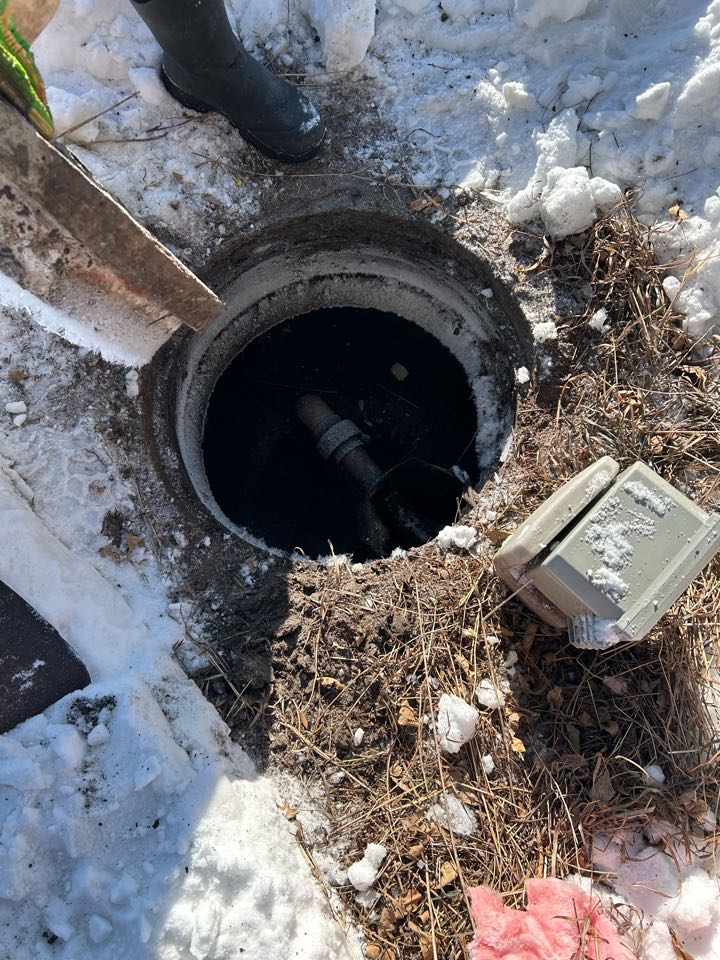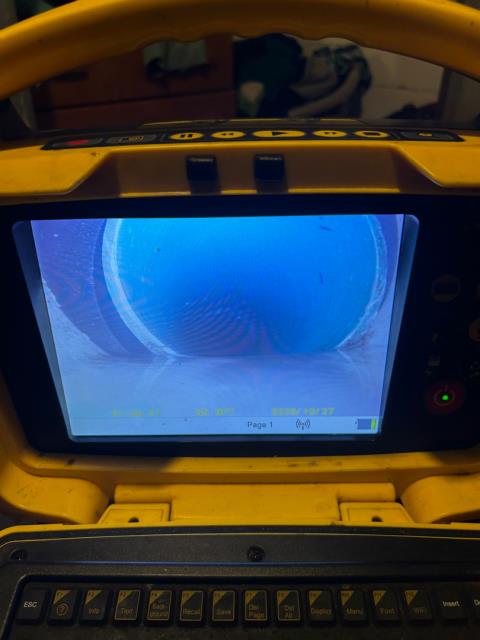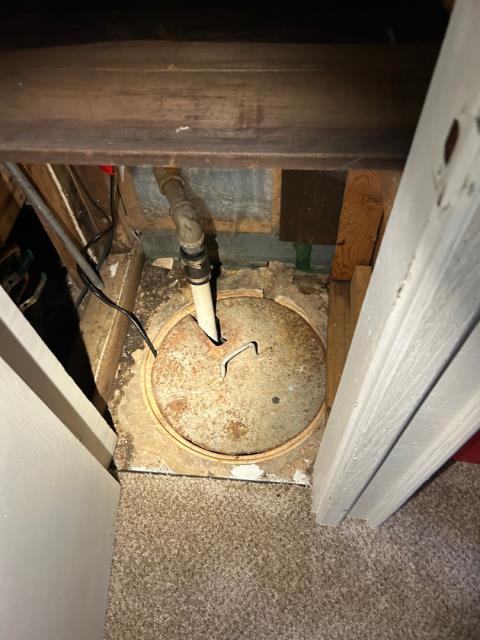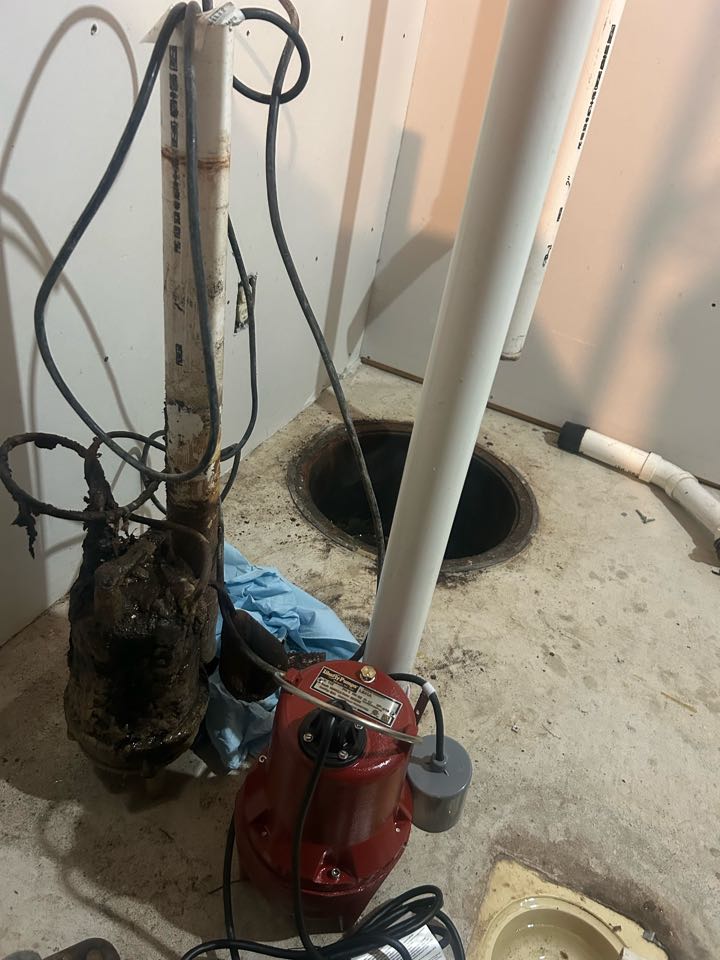Discover Budget-Friendly Drain Cleaning Solutions Today
Clogged drains can be a significant inconvenience, especially in areas where older plumbing systems may be more prone to blockages. Fortunately, you don’t need to spend a lot on pricey cleaners. There are practical, budget-friendly solutions available that can help clear your pipes without straining your finances. Utilizing simple household ingredients combined with effective techniques can empower you to tackle clogs effectively. For instance, in regions where mineral buildup is common due to hard water, a mixture of vinegar and baking soda can work wonders. If you’re curious about the best methods to ensure your drains remain clear and functioning smoothly, let’s delve into some effective strategies that you can start implementing today.
Understanding the Causes of Clogged Drains
Understanding the Causes of Clogged Drains in Your Area
While you might think clogged drains are just an inconvenience, understanding their causes can help you prevent future issues specific to your region. In many local homes, hair, soap residue, and food particles often build up in pipes, leading to blockages.
You mightn’t realize that grease from cooking can solidify and cling to the sides of your drain, creating a stubborn clog. In bathrooms, toothpaste and skin cells contribute to blockages, while in kitchens, fibrous vegetables and coffee grounds can create significant trouble.
Additionally, local weather conditions can exacerbate drain issues. For example, heavy rains can lead to debris washing into drains, causing backups.
Even foreign objects accidentally dropped down the sink can lead to serious problems. By recognizing these culprits, you can take preventive measures like using drain screens and being mindful of what goes down your drains.
This awareness can save you considerable time and effort in dealing with plumbing issues in the future.
Essential Tools for DIY Drain Cleaning
Having the right tools is essential for effective DIY drain cleaning, especially in areas prone to specific plumbing challenges. For example, if you live in a region with older plumbing systems, a good plunger becomes your first line of defense against minor clogs that can arise from aging pipes.
A drain snake or auger is also vital for reaching deeper blockages that a plunger can’t handle, particularly in areas where tree roots may invade older sewage lines.
Investing in a pair of rubber gloves is important to keep your hands clean and protected while navigating the sometimes messy world of drain cleaning. A bucket can be incredibly useful for catching any overflow and collecting debris, preventing spills on your floor.
Additionally, a flashlight is necessary for illuminating dark areas under sinks or in basements, making it easier to identify problems. Lastly, a plumbing wrench will help you tackle any stubborn fittings, which can be common in regions where pipes corrode more quickly due to local water quality.
With these tools at your disposal, addressing clogged drains becomes manageable, saving you both time and money while ensuring your plumbing remains in good condition.
Baking Soda and Vinegar Method
One of the most effective and budget-friendly methods for clearing clogged drains in urban areas is the baking soda and vinegar technique. Many residents often face challenges with clogged drains due to the buildup of hair, soap scum, and food particles, especially in older homes with narrow pipes.
To start, pour about half a cup of baking soda directly into the drain. Follow this with half a cup of vinegar. You’ll notice fizzing as the two ingredients react, breaking down gunk and debris that can be more prevalent in densely populated regions.
Let the mixture sit for about 30 minutes to maximize its cleaning power. Afterward, flush the drain with hot water to wash away any remaining residue.
This method not only clears clogs but also deodorizes your pipes, which is especially important in areas with older plumbing systems. It’s a simple, natural solution that’s safe for your plumbing and the environment.
Give it a try, and you’ll be amazed at how effective it can be!
Boiling Water Technique
If you’re looking for an easy and cost-effective way to tackle stubborn clogs, the boiling water technique could be your go-to solution. This method is simple and effective, making it perfect for quick fixes.
In areas where hard water is prevalent, mineral buildup can lead to clogs, so here’s how to maximize the benefits of this technique:
- Boil water in a kettle or pot.
- Carefully pour the boiling water down the drain.
- Repeat if necessary for tougher clogs.
- Use this technique regularly to prevent future blockages, especially in kitchens where grease can accumulate.
- Combine it with other methods for enhanced results.
This approach works wonders on grease and soap buildup, particularly in regions known for heavy cooking.
Just remember to take precautions while handling boiling water to avoid burns. Enjoy a cleaner drain without overspending, and keep your plumbing in top shape!
Using a Plunger Effectively
A plunger can be your best friend when dealing with stubborn clogs, especially in areas where older plumbing systems may be more prone to blockages. Knowing how to use it effectively can save you both time and money.
Start by ensuring you have a good-quality plunger, ideally one with a flange for better suction. Before you plunge, remove any visible debris from the drain, which may include hair or soap scum, common culprits in many households.
If you live in a region with hard water, mineral buildup can also contribute to clogs, so it’s wise to regularly check your plumbing.
Fill the sink or tub with enough water to cover the plunger’s rubber cup, as this ensures a proper seal. Position the plunger over the drain, ensuring a tight fit. Push down firmly, then pull up quickly to create suction.
Repeat this motion several times, maintaining pressure. If the clog doesn’t budge, take a break and try again. With practice, you’ll master this tool and tackle clogs like a pro, even in the face of local plumbing challenges.
The Power of a Drain Snake
When dealing with stubborn clogs in the local plumbing systems, a drain snake can be your secret weapon. This handy tool is designed to tackle tough blockages that a plunger simply can’t reach, especially in older homes with unique plumbing challenges.
With a drain snake, you can save time and money while effectively clearing your drains.
- Versatile: Works on various types of drains found in local homes, including kitchen sinks and bathroom toilets.
- Effective: Breaks up and removes tough clogs caused by hair, grease, and debris quickly.
- Reusable: Unlike chemical cleaners that may only work once, a drain snake can be used multiple times, making it a wise investment for homeowners.
- Eco-Friendly: No harsh chemicals are involved, ensuring it’s safe for the environment and local waterways.
- User-Friendly: Easy to handle, even for beginners who may be facing their first plumbing issue.
Grab a drain snake, and you’ll be well-equipped to conquer those annoying clogs that can disrupt daily life in your home!
Chemical Drain Cleaners: Pros and Cons
While a drain snake effectively tackles stubborn clogs, some homeowners in our region may consider chemical drain cleaners as an alternative solution.
These products can quickly dissolve hair, grease, and soap buildup, offering a fast fix tailored to the local plumbing challenges. However, you’ll want to weigh the pros against the cons. On the plus side, they’re easy to use and can save you time, especially during busy seasons when plumbing issues tend to arise more frequently.
But be cautious—many of these cleaners contain harsh chemicals that can damage pipes over time, particularly in older homes common in our area. They can also pose health risks if mishandled, which is a concern in densely populated neighborhoods where ventilation may be limited.
Furthermore, chemical cleaners mightn’t effectively address all types of clogs, especially those caused by foreign objects, which can be an issue in areas with older infrastructure.
Ultimately, if you choose to use chemical cleaners, follow the instructions carefully and consider using them sparingly to protect your plumbing system. This approach can help ensure that your pipes remain in good condition while also providing a quick fix when necessary.
Preventative Measures to Avoid Clogs
To prevent clogs from becoming a headache, it’s essential to adopt a few simple habits in your daily routine. These practices can save you time and money while keeping your drains flowing freely.
Here are some preventative measures you can take:
- Use drain covers to effectively catch hair and debris, especially in areas where long hair is common.
- Dispose of grease properly; never pour it down the sink, as the high temperatures in the area can cause it to solidify and create blockages.
- Run hot water through your drains regularly to dissolve buildup, particularly after cooking with oily foods prevalent in local cuisine.
- Avoid flushing non-biodegradable items, like wet wipes or feminine products, as these can cause significant issues in the plumbing systems often found in older buildings.
- Clean your sink traps every few months to remove accumulated gunk, especially in households with heavy kitchen use where food particles can lead to clogs.
When to Call a Professional
Knowing when to call a professional can save you time and prevent further complications down the road.
If you’ve tried DIY methods and your drains are still clogged, it’s time to reach out for help. In areas with older plumbing systems or heavy tree coverage, persistent odors, slow drainage, or gurgling sounds may indicate deeper issues that simple solutions won’t fix.
Additionally, if you notice water backing up into sinks or tubs, don’t wait—call an expert immediately. They’re equipped to handle complex problems that could lead to costly damage if ignored.
If you’re experiencing multiple drains affected at once, it’s best to consult a professional. Trust your instincts; if something feels off, getting a professional opinion can save you hassle and money in the long run.
Maintaining Your Drains for Long-Term Health
Maintaining your drains is crucial for the long-term health and functionality of your plumbing system, especially in areas where heavy rainfall can lead to increased debris and sediment buildup.
By taking a proactive approach, you can avoid costly repairs and ensure your drains remain in optimal condition. Here are some key practices to consider:
- Regularly flush your drains with hot water to help dissolve grease and other buildup, which can be particularly problematic in regions with hard water.
- Use a mesh strainer in sinks and shower drains to effectively catch hair and food particles, preventing clogs that can be common in urban areas.
- Avoid pouring harsh chemicals down the drain, as they can damage pipes over time; instead, consider using natural cleaners that are safer for both your plumbing and the environment.
- Schedule periodic inspections with a local plumbing professional who understands the specific challenges of your area, such as tree roots infiltrating pipes or sediment accumulation.
- Keep an eye on your drainage flow and address any slow drains immediately, as they can lead to more serious issues if left unattended, particularly during heavy rain seasons.
Conclusion
By embracing these budget-friendly drain cleaning solutions, you’re taking a proactive approach to maintaining your plumbing in the unique environment of our local area. The combination of seasonal changes and the presence of older infrastructure can lead to specific drain challenges. Whether it’s using the baking soda and vinegar method or regularly flushing with hot water, you can keep your drains flowing smoothly without straining your wallet. Remember, prevention is key; implement these tips to avoid future clogs that can be exacerbated by local weather patterns and older plumbing systems. And if the situation ever becomes too challenging, do not hesitate to call a professional who understands the nuances of our community’s plumbing needs. Happy cleaning!

